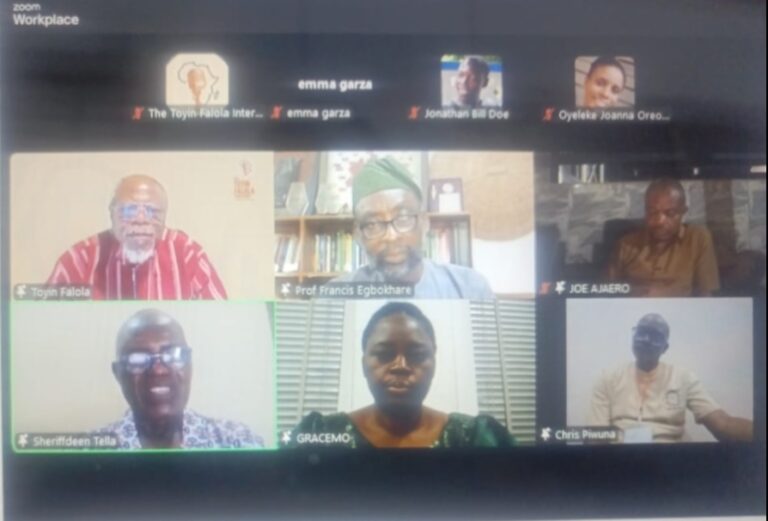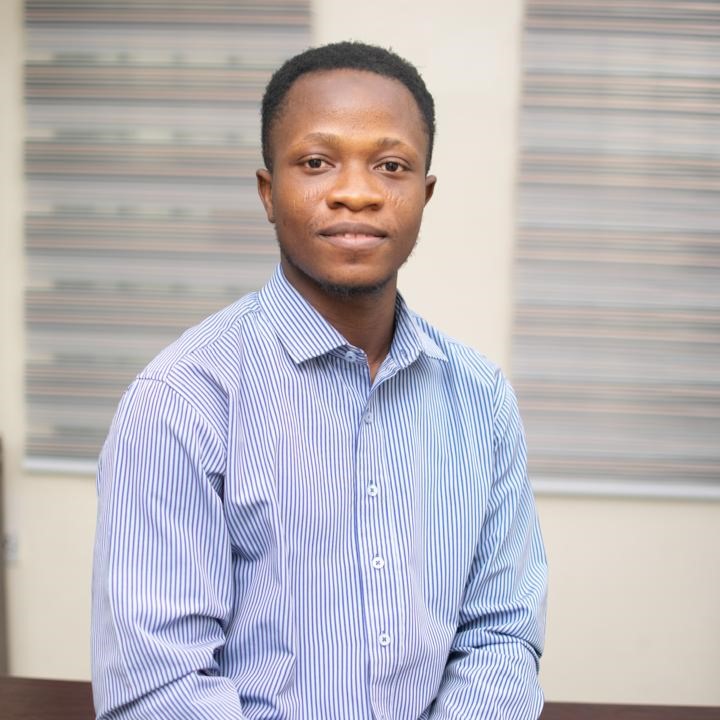The President of the Academic Staff Union of Universities (ASUU), Christopher Piwuna, a professor of medicine at the University of Jos, Plateau State, has decried the poor welfare of Nigerian academics, revealing that some of the union’s past leaders, who dedicated their lives to education, still do not own a house.
Mr Piwuna said one of his predecessors, Dipo Fasina, popularly known as “Jingo,” who taught Philosophy for 34 years at the Obafemi Awolowo University (OAU), still lives in the university’s staff quarters because he has no house of his own.
A source on the campus said Mr Fasina, though retired, lives in the staff quarters allocated to his wife, a lecturer in the microbiology department on the campus.
The ASUU president spoke during a recent edition of The Toyin Falola Interviews, describing the plight of the erudite scholar renowned for his activism and decades-long service as a painful reflection of the poor conditions confronting academics in Nigeria’s tertiary institutions.
The interview programme, streamed live to thousands of viewers on Zoom and YouTube across 28 countries, featured analyses and criticisms of Nigeria’s education system, especially the issues affecting tertiary institutions for years.
He said: “Mr Fasina is still living in the staff quarters at the university. He doesn’t have a house of his own. Assisi Asobie, a professor and president of ASUU from 1994 to 2000, is also still living in a rented apartment to this day.
“Just last week, I visited Biodun Ogunyemi, a professor and former ASUU president, at his house in Ijebu Ode. He has a house, but it is an ancient, old, low-cost building that was sold to his family. I can tell you of many others. I have been building my house for the past 15 years; I am still trying to complete it,” Mr Piwuna lamented.
Nigeria’s academia stuck in the 18th century

The discussion, moderated by Mr Falola, historian and professor of African Studies, featured a line-up of panellists including the President of the Nigeria Labour Congress (NLC), Joe Ajaero; Professor of Economics, Adewale Tella; Professor of Linguistics, Francis Egbokhare, and respected journalist with The Punch, Grace Edemah.
They jointly examined the core challenges undermining university autonomy, academic freedom and the deteriorating welfare of lecturers in Nigeria.
An associate professor of Systemic Theology at the University of Portland, SimonMary Aikhiokhai, declared that Nigeria is still in the 18th century if professors are still discussing how to be paid their salaries.
According to him, Nigeria currently has the largest population of Generation Z in the world, and that could be used to transform the nation if the leaders “get it right; if not, we are doomed,” he stated.
“What is ASUU doing? Are you still on the level of getting a salary for professors?” Mr Aikhiokhai asked.
He noted that Nigerian lecturers should be creative in their quest for improved welfare, suggesting grants, consultancies, among other initiatives.
Piwuna fires back
Reacting, Mr Piwuna admitted that Nigeria is still living in the 18th century, lamenting the poor salary structure for academics as well as the infrastructural deficit bedevilling Nigerian universities.
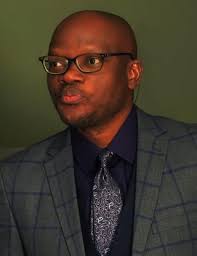
He said: “Yes, in terms of salaries and conditions, we feel like we are living in the 17th or 18th century. Our salaries are insufficient, and public universities lack the endowments and infrastructure needed to grow. Billionaires fund private universities, not public ones. Over the years, we have fought, negotiated, and gone on strike to achieve the little progress we have. Those small gains are not due to incompetence; they are the result of our struggle to resist government neglect.”
According to Mr Piwuna, the poor service conditions that have left such respected scholars struggling to own homes have also damaged the reputation of the Nigerian university system and made it difficult to attract scholars of international standing.
He said: “We would love to have scholars like Professor Francis Egbokhare visit and teach, but because of our condition of service, we cannot attract intellectuals of repute.”
He also lamented the infrastructural and systemic decay across Nigerian tertiary institutions, saying: “I am sitting here today at Taraba State University, which has over 25,000 students and more than a thousand academic staff, yet there is no stable internet network. How do you attract scholarship in such an institution?”
“Our colleagues work tirelessly, often sleeping in offices and bringing their families to campus, yet they cannot secure endowments or improve resources. This is the reality we face daily. We are struggling to move our institutions forward under difficult circumstances,” he said.
Mr Piwuna explained that ASUU’s long-standing agitation is not just about salaries but about defending the future of education, criticising the continued failure of the government to renegotiate the 2009 agreement and allow true university autonomy.
ASUU calls for living wage, warns against neglect
In a separate development, at its recent National Executive Council (NEC) meeting held at Taraba State University, Jalingo, on 8 and 9 November, ASUU called on the government to give Nigerian lecturers a living wage.
In a statement signed by Mr Piwuna, the union expressed deep concern over the government’s failure to prioritise education, warning that the continued back-and-forth in negotiation could have grievous consequences for the nation’s future.
“Education as the bedrock of any society deserves special attention, more so in Nigeria given the deficit in our education infrastructure. It is the political will, or lack of it, and not economic factors that have been undermining this renegotiation process,” the statement reads in part.
The union rejected the government’s proposed salary increment as “a mere drop in the ocean”, saying it was incapable of reversing the brain drain that has plagued the nation’s universities for decades.
ASUU said while some progress has been recorded in non-monetary areas of the agreement, “the salary and condition-of-service components remain sore points requiring radical reform to uplift the living conditions of academics.”
‘Government not sincere’
ASUU accused government functionaries of undermining the negotiation process through misrepresentation of facts and half measures.
According to Mr Piwuna, the part payment of promotion arrears dating back to 2017 and the release of third-party deductions, which are part of members’ unpaid benefits, are mere confidence-boosting gestures and should not be mistaken for substantive progress.
He warned that the government’s attempt to “win the narrative” rather than solve the problems posed a serious risk to the ongoing renegotiation, urging the authorities to use the remaining days of the one-month window to achieve a holistic resolution of all pending issues.
‘We desire to save Nigeria from greedy leaders’
While the ASUU president believes that the struggle for the Nigerian education sector does not belong solely to the Ministry of Education, he noted that the lingering issues could have been resolved if other ministries, such as finance, science and technology, had not made it appear like a problem for the education ministry alone.
Responding earlier to a question asked by Mr Falola, “Who has appointed ASUU as the saviour of the nation?” Mr Piwuna said: “We are not saviours, and we have never claimed to be saviours. But we aspire to save this country. We desire to save this country from the greedy lot that we call our leaders. We desire to confront them on issues that we believe will shortchange Nigeria. It is our firm desire to change the narrative and give our young people a future.”
The NLC President, Mr Ajaero, backed ASUU’s call, stressing that the union’s struggles reflect the wider crisis facing Nigerian workers.
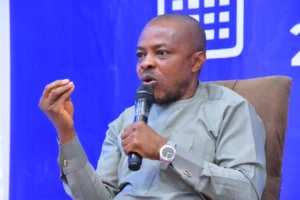
Mr Ajaero noted that ASUU deserves the joint support of stakeholders in the education sector because it is a trade union organisation that protects the future of the nation; noting that when lecturers demand a fair wage, they are not asking for luxury but dignity.
He argued that paying a university lecturer N1 million monthly should not be considered excessive.
“N1 million is the least you can pay a lecturer in this economy. In fact, lecturers should earn more than senators, because they build the minds that sustain this country,” he said firmly.
Echoing similar sentiments, Mr Tella observed that government indifference has created an unsustainable environment for teaching and research.
“In universities, lecturers often fund their own research because the government does not care about what goes on in those labs,” he lamented.
Problem is systemic- Egbokhare
Former ASUU branch secretary and professor of Linguistics, Mr Egbokhare, framed Nigeria’s education crisis as a symptom of systemic failure.
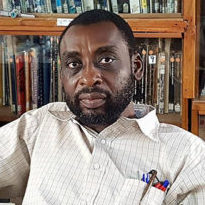
According to him, “In management, repeated failure is evidence of a systems problem.”
He argued that Nigeria’s problem is not simply funding, but a lack of accountability, coherence and shared understanding in decision-making.
Meanwhile, Ms Edema of The Punch Newspaper, took a critical media perspective, questioning why the 2009 ASUU–FG agreement has yet to be implemented.
“In a country that claims to value education, how do we keep renegotiating for 16 years without progress?” she asked.
Excellence impossible without strong basic education – Ajaero
Mr Ajaero warned that neglecting basic education undermines efforts to strengthen tertiary institutions.
“If we fail to get the foundation right, excellence at the tertiary level will remain impossible,” he said.
He added that the failure to resolve the 2009 agreement shows a lack of seriousness in governance.
ALSO READ: Media Under Pressure: Nigerian Editors demand tax relief amid soaring newsprint, operational costs
Mr Ajaero disclosed that the NLC and ASUU have agreed to extend discussions for a few weeks in anticipation of clear policy direction from the Presidency.
“We hope that by the time we hear from the President, there will be clear progress toward lasting solutions,” he added.
Stakeholders express concerns
Several participants voiced concern about the erosion of merit and professionalism.
The Team Lead of DevReporting, Mojeed Alabi, raised the issue of TETFund grants being channelled to private universities.
“TETFund now sponsors candidates for postgraduate programmes in private institutions in Nigeria. I want ASUU to know that this is already happening,” he said.
Reacting, Mr Piwuna asserted that TETFund is meant solely for public institutions and any diversion would be duly investigated.
Similarly, Hannah Etah of Delta State University criticised the slow pace of action on ASUU’s demands, lamenting that academics have lived on promises for decades.
“I don’t even know why we called off that last warning strike when there was no real progress,” she said.
From the labour perspective, Mr Ajaero decried the government’s tendency to avoid meaningful dialogue.
“We should bring back the culture of debate where ideas matter. The government must stop running away from conversations that can rebuild the country’s universities,” he said.

